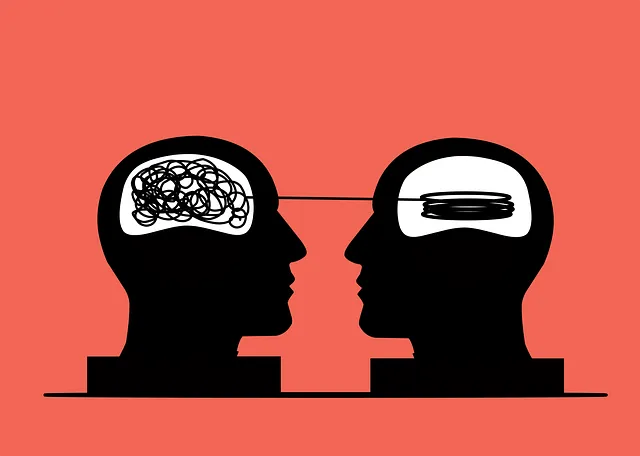Castle Rock Kaiser mental health programs take a comprehensive approach to combat negative media portrayals of mental illness. Through education and resilience building, they destigmatize mental health issues, promote early intervention, and empower individuals to manage their well-being. Using evidence-based practices, these programs foster accurate discussions around mental illness, contributing significantly to depression prevention and community wellness. Their collaborative educational approach ensures authentic narratives avoiding stereotypes, raises awareness, encourages conversations, and promotes responsible storytelling in media representations of mental health.
In today’s media landscape, accurate representation of mental illness is crucial. This article delves into the challenges and offers solutions for improving mental health depictions. We explore how organizations like Castle Rock Kaiser Mental Health Programs play a vital role in shaping public understanding. By examining case studies and implementing strategies, we aim to enhance the portrayal of mental illness, fostering empathy and reducing stigma. Specifically, we discuss ways to increase accuracy, diversity, and nuance in media narratives, ultimately challenging problematic stereotypes.
- Understanding Mental Illness Representation in Media
- The Role of Castle Rock Kaiser Mental Health Programs
- Strategies to Enhance Accurate Mental Health Depictions
Understanding Mental Illness Representation in Media

Mental illness representation in media plays a pivotal role in shaping public understanding and perceptions. It’s crucial to recognize that media platforms, from television shows to films and news articles, have the power to influence how society views mental health conditions. Accurate and empathetic portrayal can reduce stigma, foster empathy, and encourage help-seeking behaviors. Conversely, stereotypes and misconceptions can perpetuate shame and hinder access to support.
At Castle Rock Kaiser, our mental health programs are dedicated to challenging negative representations by promoting nuanced and authentic storytelling. We leverage initiatives such as Social Skills Training and Mindfulness Meditation to enhance emotional well-being promotion techniques within media content. By collaborating with creators and industry professionals, we strive to ensure that mental illness is depicted with sensitivity, accuracy, and respect for the lived experiences of individuals affected by these conditions.
The Role of Castle Rock Kaiser Mental Health Programs

Castle Rock Kaiser Mental Health Programs play a pivotal role in challenging negative representations of mental illness in media. These programs are designed with a comprehensive approach, focusing on mental health education and resilience building to foster a more nuanced understanding among the public. Through various initiatives, they aim to destigmatize mental health issues and promote early intervention, which is crucial for effective treatment.
By integrating evidence-based practices into their mental health education programs, Castle Rock Kaiser empowers individuals to recognize and manage their well-being proactively. These efforts contribute significantly to depression prevention and overall community wellness. The programs’ design encourages open dialogue, ensuring that discussions around mental illness are accurate, empathetic, and accessible to a diverse audience.
Strategies to Enhance Accurate Mental Health Depictions

Creating accurate representations of mental health in media is a multifaceted challenge, but there are several strategies that can help enhance these depictions. One key approach is to involve individuals with lived experiences in the creative process, ensuring stories are told from authentic perspectives. This includes casting actors who have personally dealt with mental health struggles and consulting with experts like those from Castle Rock Kaiser mental health programs. By doing so, media outlets can avoid stereotypes and offer more nuanced portrayals.
Additionally, providing educational content alongside these narratives is essential. Shows or films can include scenes or segments dedicated to explaining various conditions, coping skills development, and the importance of seeking help. This can raise mental health awareness among audiences and encourage open conversations. Moreover, training for writers and producers on risk assessment for mental health professionals will be vital to ensure responsible storytelling that reflects the complexities of the human mind while maintaining ethical standards.
In addressing the challenge of mental illness representation in media, the collaboration between Castle Rock Kaiser Mental Health Programs and industry stakeholders plays a pivotal role. By implementing strategic enhancements and embracing accurate depictions, we can foster greater understanding and reduce stigma. These efforts are crucial for creating a more inclusive narrative that reflects the diversity of experiences within the mental health community. Through continued advocacy and education, we can ensure media representations that are not only sensitive but also impactful, ultimately contributing to a more compassionate society.






